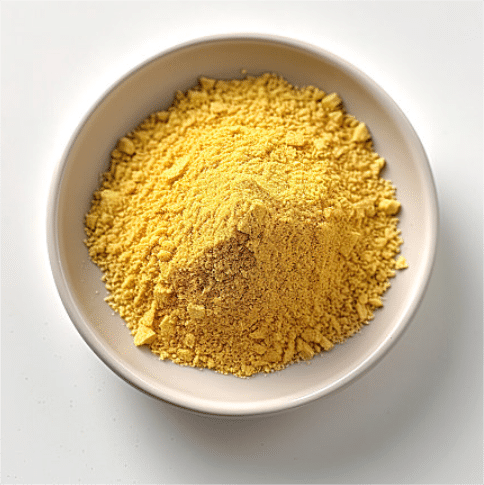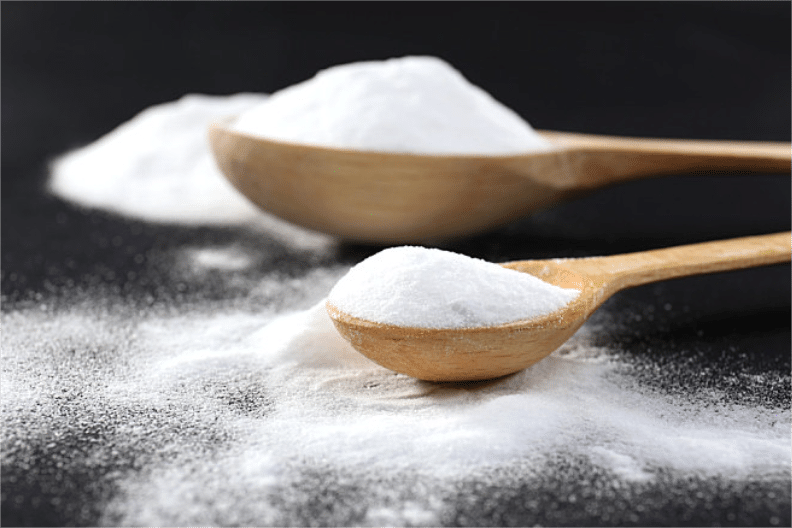Alpha-lipoic acid vs Co-enzyme Q10: Alpha-lipoic acid (ALA) and Co-enzyme Q10 (CoQ10) are powerful antioxidants with distinct roles in supporting health. ALA, a fatty acid, aids in energy production and glucose metabolism, potentially benefiting nerve health and blood sugar control, while CoQ10, a compound in mitochondria, supports cellular energy and heart health. In the debate of Alpha-lipoic acid vs Co-enzyme Q10, ALA is more versatile for metabolic support, while CoQ10 excels in cardiovascular and energy-focused benefits. Choosing between them depends on specific health goals, such as managing diabetes (ALA) or boosting heart function (CoQ10).
Alpha-lipoic acid (ALA) and Coenzyme Q10 (CoQ10) are two popular dietary supplements with distinct properties, mechanisms of action, and potential health benefits. Here’s a comparison:

1. Alpha-Lipoic Acid (ALA)
- Nature: A naturally occurring compound found in small amounts in foods like spinach, broccoli, and red meat. It is both fat- and water-soluble.
- Function:
- Functions as a potent antioxidant, neutralizing free radicals and reducing oxidative stress.
- Helps regenerate other antioxidants like Vitamin C and E.
- Plays a key role in mitochondrial energy production.
- Health Benefits:
- Diabetes: Improves insulin sensitivity and may help reduce symptoms of diabetic neuropathy.
- Neuroprotection: Shows promise in supporting brain health and reducing age-related cognitive decline.
- Anti-inflammatory: May help reduce chronic inflammation.
- Skin Health: Its antioxidant properties can improve skin texture and reduce aging signs.
- Dosage: Common doses range from 300 to 600 mg per day for therapeutic purposes.
- Side Effects: High doses may cause gastrointestinal discomfort, headaches, or lower blood sugar levels.
2. Coenzyme Q10 (CoQ10)
- Nature: A fat-soluble compound naturally produced by the body and found in foods like fatty fish, organ meats, and whole grains.
- Function:
- Essential for mitochondrial energy production (ATP synthesis).
- Acts as an antioxidant, protecting cells from oxidative damage.
- Supports cardiovascular health.
- Health Benefits:
- Heart Health: Beneficial for conditions like heart failure, high blood pressure, and statin-induced muscle pain.
- Energy: May improve symptoms of chronic fatigue and enhance physical performance.
- Neuroprotection: Supports brain health and may help slow neurodegenerative diseases.
- Skin Health: Protects against UV-induced skin damage and improves elasticity.
- Dosage: Common doses range from 100 to 300 mg per day, depending on the condition.
- Side Effects: Generally well-tolerated, but high doses may cause nausea, diarrhea, or stomach upset.
Key Differences
| Feature | Alpha-Lipoic Acid (ALA) | Coenzyme Q10 (CoQ10) |
|---|---|---|
| Solubility | Fat- and water-soluble | Fat-soluble |
| Primary Role | Antioxidant, insulin sensitivity | Energy production, antioxidant |
| Targeted Benefits | Diabetes, neuropathy, inflammation | Heart health, energy, neuroprotection |
| Food Sources | Vegetables, red meat | Fatty fish, organ meats |
| Side Effects | May lower blood sugar | Mild GI discomfort |
Are Alpha-Lipoic Acid and Coenzyme Q10 equally bioavailable?
No, ALA and CoQ10 are not equally bioavailable. ALA has moderate bioavailability (20–40% absorption, depending on the form and whether taken with food), as it is water- and fat-soluble, allowing easier absorption. CoQ10, primarily fat-soluble, has lower bioavailability (5–10%), especially in its ubiquinone form, though the ubiquinol form is better absorbed. Bioavailability varies by formulation and individual factors.
Are Alpha-Lipoic Acid and Coenzyme Q10 both effective for brain health?
Both ALA and CoQ10 support brain health, but their mechanisms differ. ALA crosses the blood-brain barrier, reducing oxidative stress and supporting neuronal function, with potential benefits for neurodegenerative conditions like Alzheimer’s. CoQ10 supports mitochondrial energy production in brain cells, potentially improving cognitive function and protecting against oxidative damage. ALA may have a slight edge due to its broader antioxidant effects, but both are effective.
AreAlpha-Lipoic Acid and Coenzyme Q10 equally effective for anxiety?
There’s limited direct evidence for either supplement’s effect on anxiety. ALA may indirectly reduce anxiety by lowering oxidative stress and improving glucose metabolism, which can stabilize mood. CoQ10’s role in energy production might help with mental clarity, but its impact on anxiety is less studied. Neither is a primary treatment for anxiety, and effectiveness is likely similar but not well-established. Consult a doctor for anxiety management.
Are Alpha-Lipoic Acid and Coenzyme Q10 both good for bone strength?
Neither ALA nor CoQ10 is directly linked to bone strength. ALA’s antioxidant properties may reduce inflammation that could indirectly support bone health, but evidence is weak. CoQ10 has no significant data supporting bone health benefits. For bone strength, calcium, vitamin D, or magnesium are more effective. Neither is a primary choice for this purpose.
Are Alpha-Lipoic Acid and Coenzyme Q10 both suitable for daily use?
Yes, both ALA and CoQ10 are generally suitable for daily use at recommended doses (ALA: 300–600 mg; CoQ10: 100–200 mg). ALA is often taken for metabolic or nerve support, while CoQ10 is used for heart health or energy. Long-term use should be monitored by a healthcare provider, especially for high doses, to avoid potential side effects like digestive upset.
Are Alpha-Lipoic Acid and Coenzyme Q10 equally effective for muscle relaxation?
There’s no strong evidence that either ALA or CoQ10 directly promotes muscle relaxation. ALA may reduce muscle oxidative stress, potentially aiding recovery post-exercise, while CoQ10 supports muscle energy production, which could indirectly reduce fatigue. Neither is a primary muscle relaxant, and their effects are likely comparable but minimal for this purpose. Magnesium is a better option for muscle relaxation.
Are Alpha-Lipoic Acid and Coenzyme Q10 both well-tolerated by most people?
Yes, both are generally well-tolerated. ALA may cause mild side effects like nausea or skin rash in some, especially at high doses (>600 mg). CoQ10 is typically well-tolerated, with rare side effects like digestive upset or insomnia. Both are safe for most people at standard doses, but those with medical conditions or on medications (e.g., blood thinners) should consult a doctor.
Are Alpha-Lipoic Acid and Coenzyme Q10 equally beneficial for heart health?
CoQ10 is generally more beneficial for heart health, as it supports mitochondrial function in cardiac cells, reduces oxidative stress, and may improve heart failure outcomes or blood pressure. ALA supports heart health indirectly by reducing inflammation and improving vascular function, but its effects are less specific. CoQ10 has stronger evidence for cardiovascular benefits, especially for those with heart conditions.
If you’re considering either supplement, consult a healthcare professional for personalized advice.



